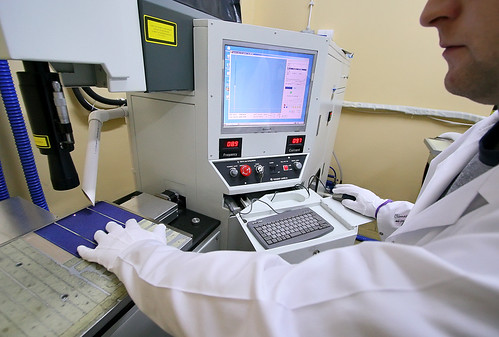.jpg) With no standard procedure across different support providers you cannot expect two IT support contracts to be similar. Having a reliable IT support contractor on your side would give you enough peace of mind.
With no standard procedure across different support providers you cannot expect two IT support contracts to be similar. Having a reliable IT support contractor on your side would give you enough peace of mind.
Even though the nature of IT support varies by companies, you can broadly classify different IT support contracts based on certain key elements including period of contract, support hours, charges, coverage, and response time.
This guide to different types of IT support contracts will help you select the right support provider to meet your needs.
• Analyze your requirements
Analyzing the requirements starts with auditing your equipments which you can do using any freely available automated inventory-auditing tool. Based on the auditing report, developing an IT support requirement specification by considering the age of your equipment, availability and reliability of in-house resources like system administrators, critical status of stored data and complexity of the systems will help you have a clear understanding of what you will need from an IT support company.
• Common parameters in all IT support contracts
Although support contracts differ from one company to the next, a few factors remain common throughout, most of which are obvious in the services companies provide. Those factors include period of contract, payment terms, termination terms for expired and un-expired contracts, types of support, support hours, coverage of support detailing what all equipments will be supported and the procedure involved in processing a support request.
• Long-term support contract
Long-term contracts that provide continuous ongoing support come under active-support contract. If your company has demand for regular support then long-term contract for a fixed flat fee would be beneficial.
The nature of support can be either online technical support or support on site. The contract should elaborate details like what the support will cover including the types of equipments, types of software, housekeeping tasks, fault identification, support for home or remote users, and other things of a similar nature.
Additionally, the contract should also have a detailed write-up of what actions the contractors support team will take in the event of potential failures or whether they have a risk management service that will prevent failures before they occur.
• Short-term support contract
If your company has enough resources to provide basic support, then you can minimize your dependency on third-party support providers. Cases like software upgrade, virus cleanup, security software upgrade or installation typically come under short-term essential support contract. The contract should detail the resources that a support provider will access, type of damages covered, dispute resolution and related information that a support covers.
• Ad-hoc support contract
If your needs don’t fit into either long-term or short-term support you can opt for ad-hoc support contracts. This type of contract is based on an hourly rate and the conditions remain valid only until the end of the period the contract stipulates. Even though there are different types of IT support contracts, you will have to take make certain that a contract clearly states the terms and conditions of both the parties.
Conclusion
As you can see, there are a variety of different IT Support Contracts available. Negotiate carefully and choose a partner who can deliver to your requirements and are cost-effective. Cheeky Munkey of London may be a good option to meet your needs.
 Faizan Ahmad
Faizan Ahmad About the Author:
This article is posted by Faizan who is the Author and Founder of TechSenser. He is a Professional Blogger from India and a passionate writer about Technology, Gadgets, How-to-Guides, etc. You can connect him on Google+.

